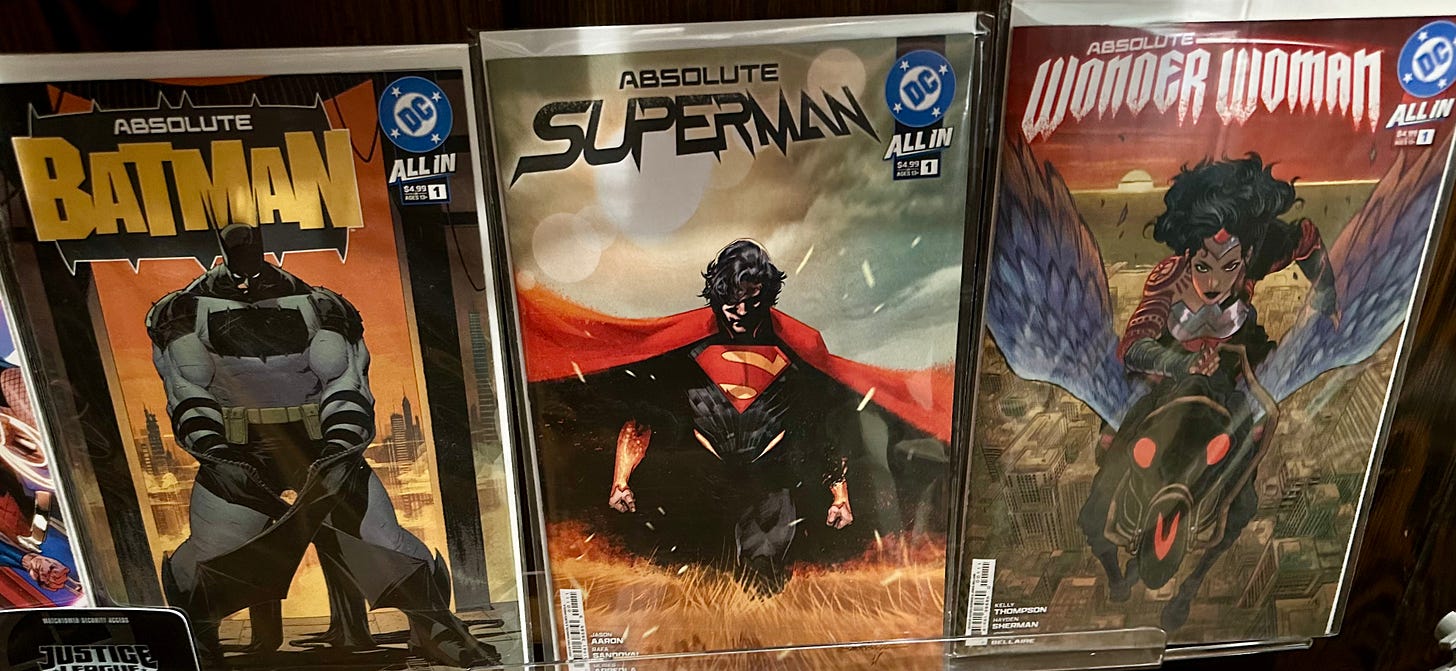A Comic Shop Owner's Perspective on Superhero Cinema's Past and Future
A 60 year conversation that's given us classics, fatigue and re-invention
By Tes Choudri, Co-Owner, LI Comic Shop
For decades, comic books were dismissed as mindless entertainment for children and fanboys. Today, they are one of the most powerful engines driving the global film industry. The journey from spinner racks to cinematic dominance is not just a story of popular entertainment — it's a cultural shift that has redefined how films are conceived, produced, and received.


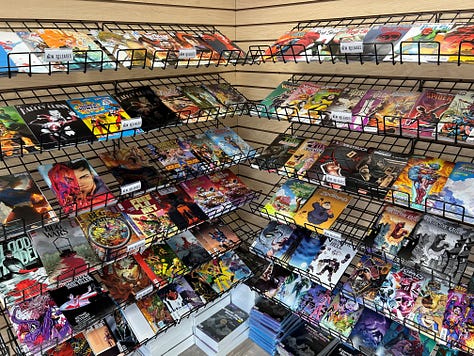
The Early Crossovers: From Serial Reels to Cult Adaptations
Comic book characters leapt from the page to the screen almost as early as the 1940s, with serials like The Adventures of Captain Marvel and Batman. Made with shoestring budgets and aimed squarely at young audiences, these adaptations rarely penetrated mainstream cinema, remaining the domain of Saturday matinees.
As we approached the 1950s and 1960s, the two biggest superheroes in history cemented themselves as pop culture icons beyond the world of comic books. The Adventures of Superman reinforced Superman as the embodiment of truth, justice, and the American way — a perception that still remains prevalent today. The 1966 Batman series took things a step further by launching the world into "Batmania." With the help of his colorful rogues' gallery, Batman was able to reach a wider audience, making the show both a massive cultural and commercial success — albeit still playful and campy.
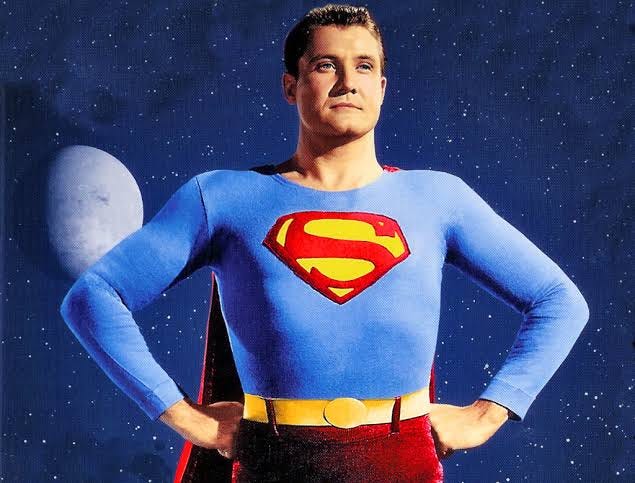
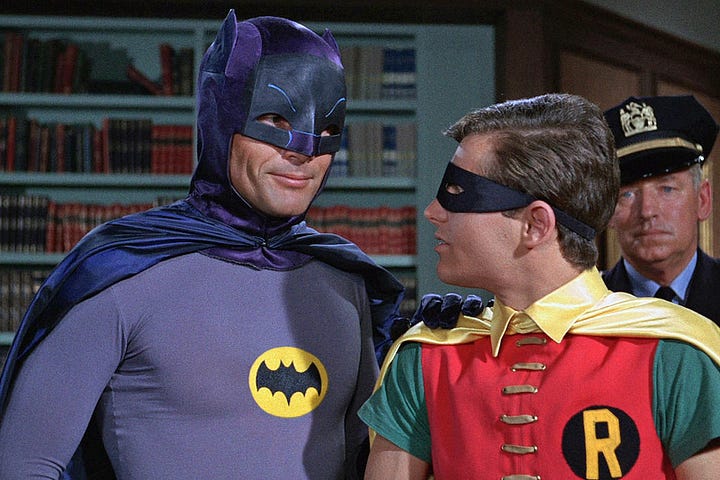
In the latter half of the 20th century, directors like Richard Donner (Superman, 1978) and Tim Burton (Batman, 1989) proved that superhero films could combine artistic vision with box office appeal. Still, these were exceptions — Hollywood largely viewed comic adaptations as risky bets, hampered by budget constraints and special effects limitations.
Geek Culture Goes Mainstream
The late 1990s and early 2000s marked a turning point. Advances in CGI, coupled with the rising influence of fan communities online, created fertile ground for a new wave of adaptations. Bryan Singer's X-Men (2000) and Sam Raimi's Spider-Man (2002) demonstrated that films grounded in comic book mythology could appeal to both hardcore fans and general audiences.
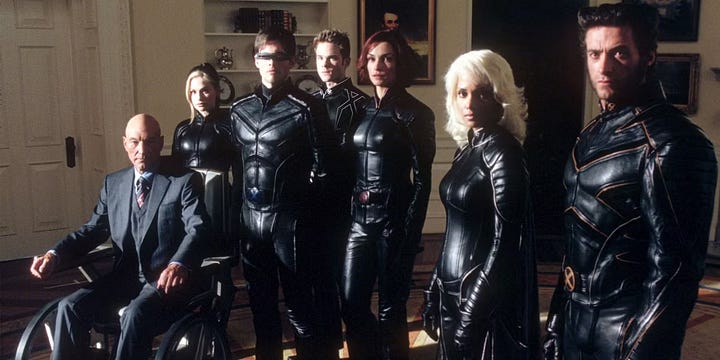
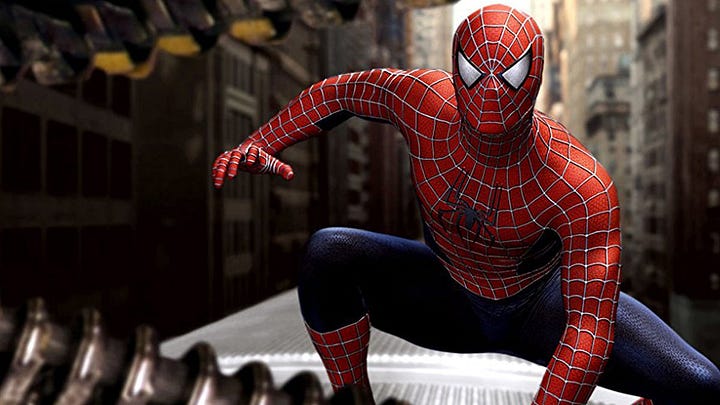
At the same time, the internet amplified the voices of "geek culture" — a once-insular community of comic readers, gamers, and enthusiasts. For the first time ever, message boards, fan sites, and later social media became the billboards on which fans could advertise what they wanted to see, and studios began listening. Casting decisions, storylines, and even costume designs were influenced by fan discourse, making comic book culture a participatory force in filmmaking.
The Marvel Cinematic Universe and the Rise of the Shared World
No discussion of comics in cinema can avoid the seismic impact of the Marvel Cinematic Universe (MCU). Beginning with Iron Man (2008), Marvel Studios pioneered the concept of a meticulously planned, interconnected series of films. This approach borrowed heavily from comic book storytelling, where decades of continuity and crossover events created a sprawling fictional universe.

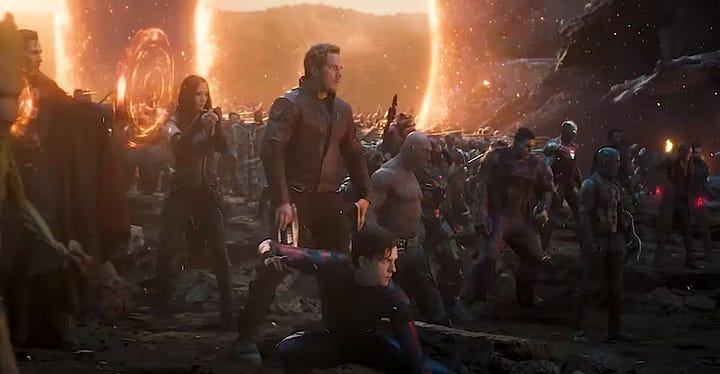
The MCU's success reshaped Hollywood economics. Studios realized that "franchises" could be more than sequels — they could be vast, interlinked worlds that encourage long-term audience investment. This model has since been adopted by properties ranging from Star Wars to The Conjuring, with varying levels of success.
Beyond Capes and Cowls
While superheroes dominate the conversation, comic book adaptations extend far beyond Marvel and DC. Films like From Hell (2001), Road to Perdition (2002), Sin City (2005), and Scott Pilgrim vs. The World (2010) showcase the medium's versatility, translating personal memoirs, crime dramas, and surreal comedy from page to screen.
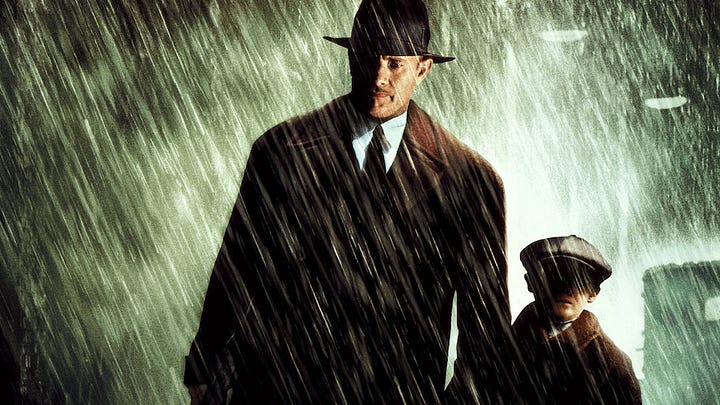
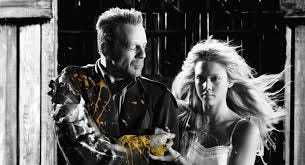

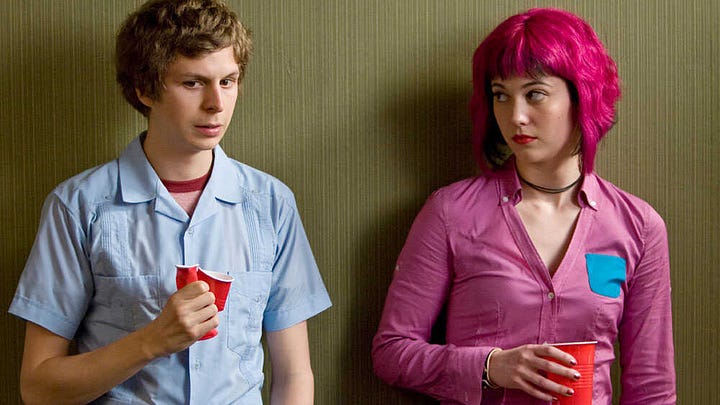
These works have helped expand the perception of comic books as a legitimate art form — not simply a genre, but a medium capable of telling stories across genres.
The Latest Evolution: Everything You Know is Wrong
Just when audiences might be experiencing "superhero fatigue" at the multiplex, comics themselves are undergoing their most radical reinvention in years. At LI Comic Shop, we're watching longtime readers discover these changes with the excitement of new converts.
DC's Absolute Universe, launched in October 2024, strips away everything familiar: Batman is now a 25-year-old construction worker without wealth or Alfred. Wonder Woman was raised in Hell as the last Amazon. Superman arrived on Earth without the Kents to guide him. Absolute Batman #1 became 2024's best-selling comic with nearly 400,000 copies and 7 subsequent reprints— proving audiences are hungry for fresh takes on familiar myths.
Meanwhile, Skybound's Energon Universe has united Transformers and G.I. Joe in one shared continuity overseen by Walking Dead creator Robert Kirkman. No more endless reboots — just solid storytelling that respects both properties while finding new angles.
This hunger for "familiar but different" also explains anime's explosion in Western culture.
Films like Ghost in the Shell ask the same identity questions as superhero comics but through a completely different cultural lens.
At our shop, we're seeing Marvel readers discover manga, DC fans explore anime, and kids raised on streaming services work backwards to discover the original comics.
A Lasting Impact on the Film Industry
Comic books and geek culture have transformed filmmaking in ways that go beyond the box office. They've accelerated the technology of visual effects, normalized serialized storytelling, redefined global marketing strategies, and given rise to the massive world of convention culture — a promotional powerhouse in its own right.
What was once considered niche is now the economic and cultural backbone of modern Hollywood.
Superhero fatigue has proven to be a cyclical complaint, at the comic shop as well as the cinema. But just as Absolute DC's working-class Batman and the Energon Universe's fresh continuity shattered sales records on the page, James Gunn's Superman demonstrated this summer that a reinvention works at the multiplex too.
The lesson is clear: audiences aren't tired of heroes, just tired formulas.
But the real innovations? The next big storyline? It's still happening every Wednesday at comic shops like ours, where the next evolution is always just one issue away.
On August 21st at 6:30 PM, join us and the Cognitive Film Society for a screening of Ghost in the Shell at the Hewlett-Woodmere Library, 1125 Broadway, Hewlett
Free admission.
We'll be there after the screening to discuss how comics and cinema continue to influence each other
LI Comic Shop
1 Stauderman Avenue, Lynbrook, NY
Mon 10-6, Weds 10-8pm, Thurs-Fri 10-6, and Sat 11-5.






